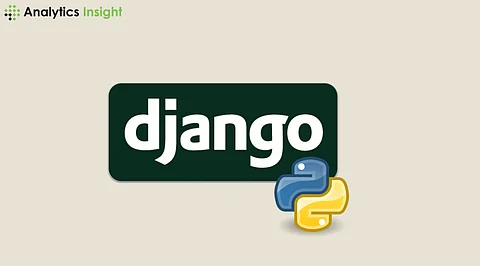

Django is a complex, high-level Python framework within the development field of webs. It enables developers to build robust, scalable, and secure web applications with great ease. Designed to simplify the development process, Django has earned its reputation as a go-to choice for developers, particularly those who value efficiency and modularity. Here's a detailed look at the key features that make Django an exceptional framework.
Django operates on the Model-View-Controller (MVC) pattern, adapted as the Model-View-Template (MVT) architecture. This design separates the logic and presentation layers of an application, ensuring that developers can manage different components independently.
One of the most important strengths of Django is its automatic admin interface. It generates a functioning admin panel once the model is created. The administrative dashboard allows developers and administrators to easily manage the data in the application.
Django is scalable without diminishing performance. Whether it is a small startup or a large enterprise project, it ensures applications could grow without major architectural changes.
Security is the thing that describes an actual web development since Django has some inbuilt measures for dealing with common vulnerabilities. This feature makes Django one of the safest choices when using a web application, such as online shopping platforms and financial tools.
Django also comes with a rich ecosystem of pre-installed libraries and tools. These tools are made to streamline tiresome duties, including form handling, URL routing, and session management.
Django is open-source software, so everyone can access it without licensing fee. Its active, open-source community continues to improve its features and remains relevant and competitive in the market.
Django's rich feature set makes it a versatile and powerful framework for web development. Its emphasis on rapid development, coupled with built-in security measures and scalability options, makes it an excellent choice for projects of all sizes. Whether a person is building a simple blog or a complex enterprise application, Django provides the tools and structure needed to create high-quality web applications efficiently.
